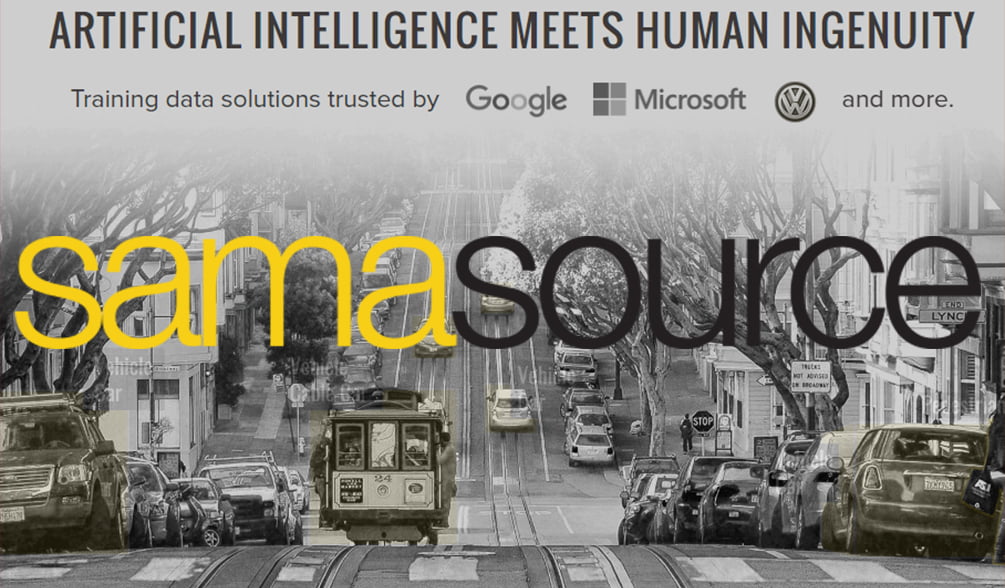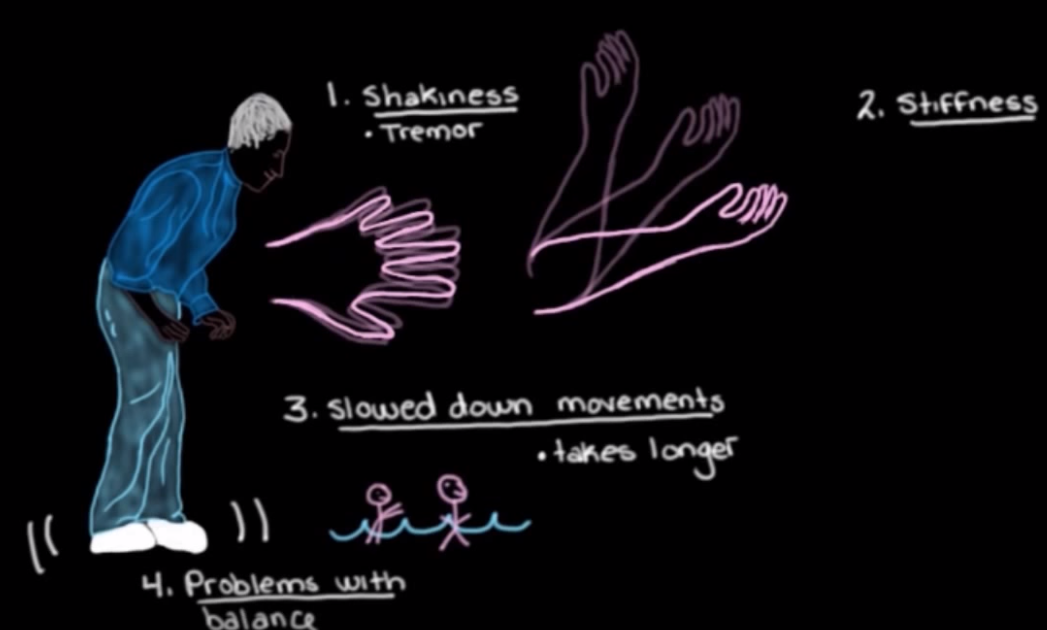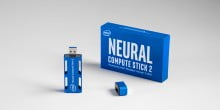Kibera is known to be the largest slum in Africa and is located in Nairobi, the Kenyan Capital. Companies including tech giants in Silicon Valley have been linked with outsourcing jobs to underdeveloped or developing countries. One such example is the long and tedious work of creating training data for Artificial Intelligence software.
In the heart of Nairobi, Samasource is one such company that has residents of Kibera work on this training data. This data is then used by the company to develop software that is provided to clients as high-profile as it gets. These are tech giants like Google, Microsoft, Salesforce, and Yahoo.
Samasource, the Big Name in AI Tech:
Kibera is only as large as the well-known Hyde Park only with hundreds of thousands of people living in cramped up houses. Water scarcity and poor sanitation are the main problems that plague the area. Although the Samasource office is located in a non-slum part of Nairobi, the majority of its workers are slum residents. Much of it depends on the $9 wage the company pays its Nairobi tech developers.
Although the corporate management at Samasource argues the pay is several times the unfortunate minimum wage, it is still nothing by Silicon Valley standards. Samasource also claims the wage is nowhere near the reason why it decided to outsource its jobs during the recession era in 2008 when it was created even when a majority of tech analysts opposed it. Leila Janah, Chief Executive Samasource remembers:
“Very smart people in the tech world, and in the world of big philanthropy said this was a wonderful idea, but that it would never work.”
The living conditions of a majority of its employees are in stark contrast with the polished office. Even though the Samasource office represents the developing Nairobi, the work to be done in it is tiresome. The developers have to trace millions upon millions of objects. It is unacceptable for them to mislabel even a few pixels when defining what they are tracing.
This tedious job is how an AI software would be able to differentiate between a cloudy and a clear sky. Identifying everyday objects and scenarios from cars to clouds by dragging a computer mouse is the monotonous job taught and perfected here.
Impact:
There are several plus sides, however, to the situation. One is the female workforce which constitutes more than half of the office personnel. The office premises also has a lactation room, and the maternity leave can be 90 days.
This progressive approach is of not only the Nairobi branch but the Samasource management being majority female is inspirational. The inspiration can be distributed to the Kenyan society as well as to Silicon Valley. Progressive practices are scarce in both.
It is expected from the employees to worry about their labor having next to no influence in their societies. However, many are hopeful about the positive global impact their work is creating. The implications of painstakingly creating training data for AI are huge. The more images are ‘known’ to the software, the more ‘smart’ it will be. A prime example would be traced and identified images of cars and street signs, etc. being used to create a smart self-driving car. Brenda, a Samasource employee who is also a Kibera resident, muses:
With my work that I’m doing, I believe I’m working for something that is going to help someone in future.




Share Your Thoughts